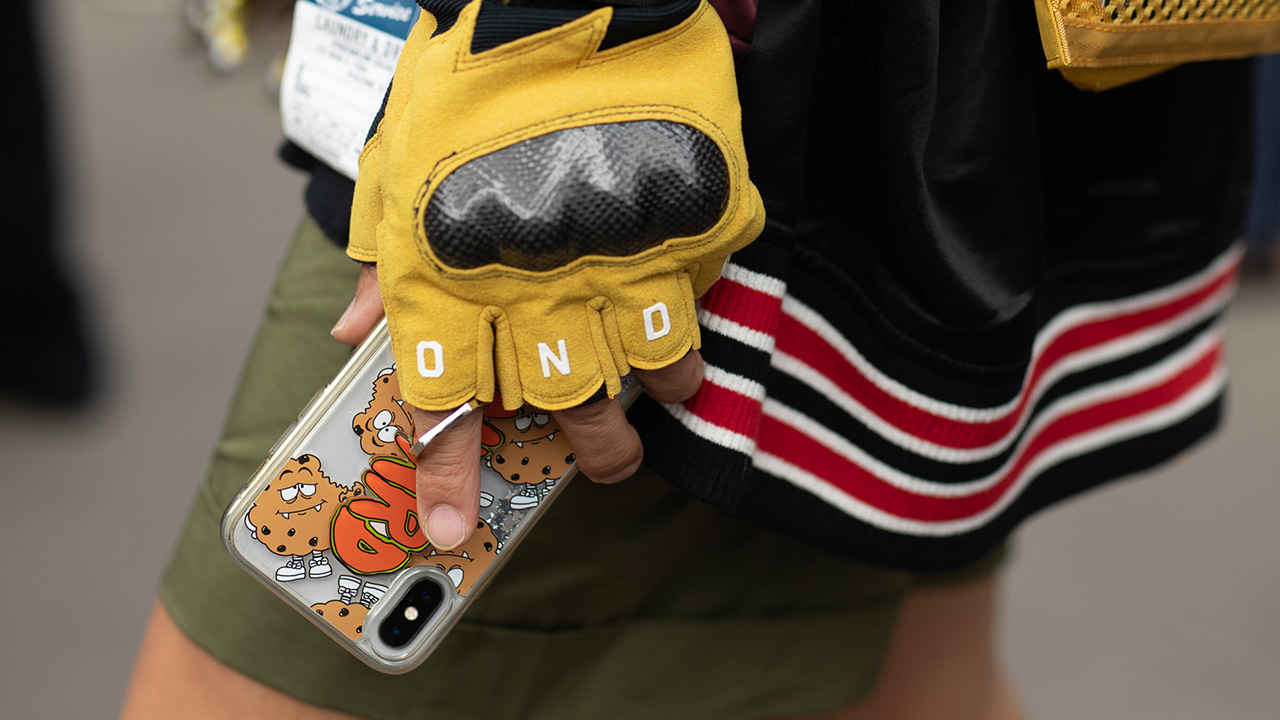Everything

It is a topic that has long been talked about but in light of the move to wipe Instagram likes from the platform, self-dubbed influencers are seemingly losing out – even the fake ones. The social media platform is all about numbers but according to a new report from Business Of Fashion, we didn’t expect this particular figure to hit the billion-dollar mark.
In a new study conducted in partnership with with cybersecurity company Cheq and the University of Baltimore, it has found that influencers who pay for fake followers or engagement will cost the advertising and marketing industry $1.3 billion USD in 2019. This figure is expected to grow to $1.5 billion USD the following year. Roberto Cavazos, a University of Baltimore professor and economist also found that out of 10,000 followers, 25 percent are fake.
High-profile celebrities such as the Kardashian clan can earn upwards of $300,000 USD per post, while tier B influencers with huge followings can earn around $12,000 USD per post. Considering it only costs $16 to boost your following by 1000 users, the profit margin is enormous. Nowadays, brands and companies rely on social media presence for a more instant and efficient way of increasing the bottom line, particularly in such a saturated market. So when investments see no return, it’s costly and according to the study, out of 800 brands, two-thirds found out they had worked with influencers with fake followers.
Additionally, Cavazos believes 50 percent of engagement on sponsored content is fake. And when it comes to a legitimate facade, the study showed that many “influencers” post fake sponsored posts to give the impression that they’ve been hired elsewhere.
In February, Luka Sabbat called out the influencer industry in an interview with The Cut. “The influencer bubble is going to pop in the next few years,” he said. “With a lot of these so-called influencers, brands are going to realise that they’re not actually capitalising off them and the influence isn’t actually working. There are too many of us. Eventually, it will be hard to differentiate between a real influencer and, like, some whack person.”
In a new way to commit fraud, only time will tell if laws are put in place to combat the issue. But then again, as Instagram hides its like, is the era of the influencer coming to an end? We’ll let you decide.